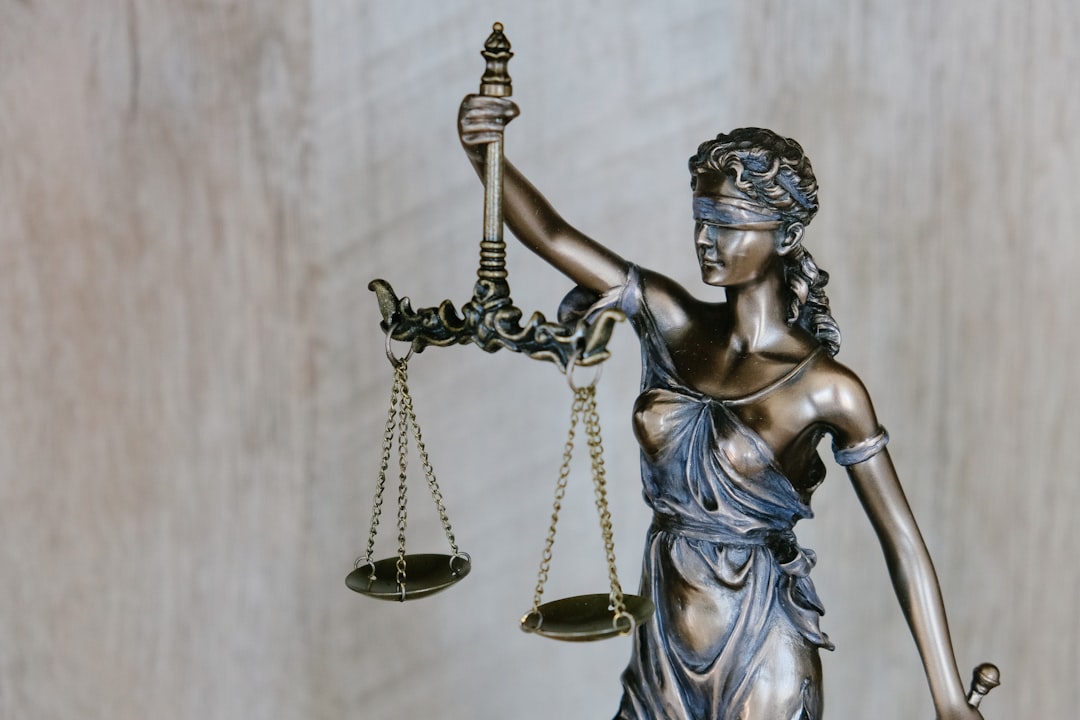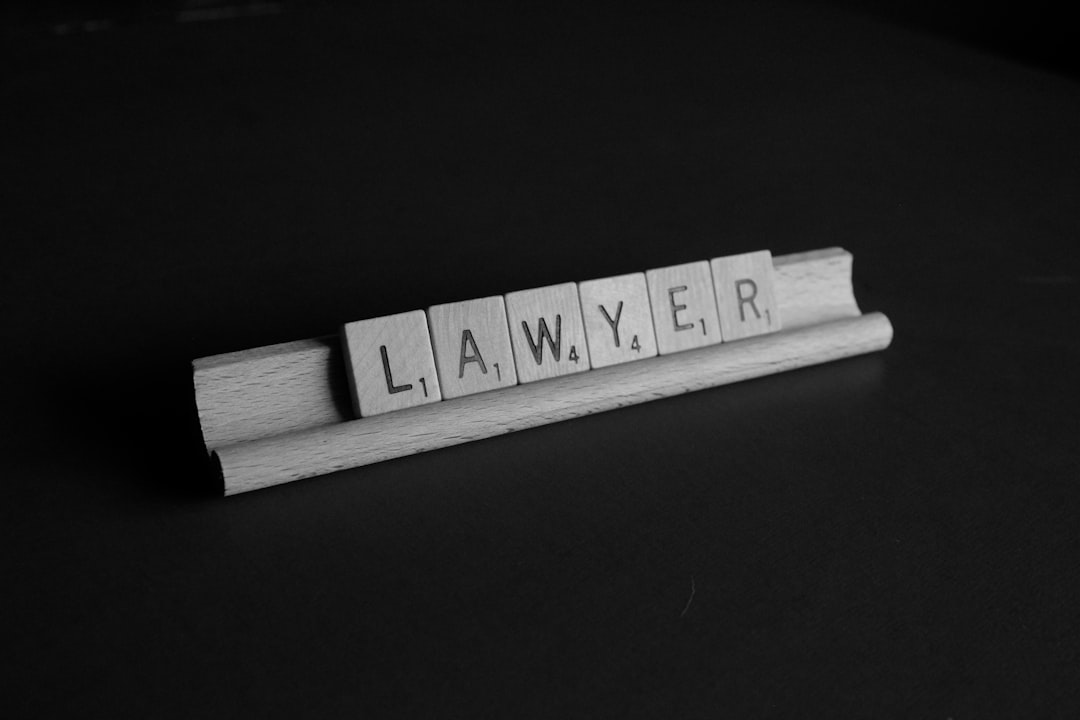South Carolina has strict laws against sexual abuse and assault, with specialized lawyers and firms experienced in navigating these complex cases. These professionals handle various offenses, ensure fair treatment for victims, seek compensation, and hold perpetrators accountable. Choosing experienced sexual abuse or assault attorneys is crucial, focusing on knowledge of legal complexities, legislative updates, personalized attention, and transparent communication. Connecting with a specialized lawyer or firm in South Carolina offers support, evidence gathering, witness interviews, case construction, and advocacy after sexual abuse.
“In South Carolina, addressing male sexual abuse cases is a critical aspect of ensuring justice and healing. Understanding the nuances of sexual abuse laws is paramount for victims seeking redress. This article equips you with valuable insights into navigating these complex issues. We explore the role of a sexual assault attorney in South Carolina, offering guidance on choosing the right legal representative to support your case. Furthermore, a step-by-step legal process guide ensures you’re informed and prepared.”
Understanding Sexual Abuse Law in South Carolina
In South Carolina, sexual abuse and assault cases are governed by a complex web of state laws designed to protect victims and ensure justice. A sexual abuse lawyer in South Carolina is well-versed in these legal frameworks, which include various statutes addressing different forms of sexual misconduct. These laws cover a range from statutory rape and sexual battery to online sexual exploitation and human trafficking. Understanding the specific charges and their associated penalties is crucial for anyone considering hiring a sexual assault attorney in South Carolina.
Sexual assault law firms in South Carolina often specialize in handling cases involving non-consensual acts, power imbalances, and vulnerable victims. They play a vital role in advocating for survivors, ensuring they receive fair treatment within the legal system. With the help of experienced sexual abuse attorneys in South Carolina, victims can navigate the complexities of the justice process, seek compensation for their suffering, and hold perpetrators accountable through the courts.
Choosing the Right Attorney for Your Case
Choosing the right attorney is a crucial step in any legal journey, especially when dealing with sensitive matters like sexual abuse or assault. In South Carolina, victims seeking justice often turn to experienced sexual abuse lawyers and law firms who specialize in these cases. Look for attorneys who have a proven track record of success in handling similar cases and a deep understanding of the complexities involved.
When selecting a sexual assault attorney or law firm in South Carolina, consider their expertise in this specific area of law. Reputable firms dedicated to sexual abuse cases will often have knowledgeable staff who stay updated on legislative changes and legal precedents related to sexual assault. They should provide personalized attention, ensuring your case receives the tailored approach it deserves. Additionally, reputable lawyers will offer transparent communication throughout the process, keeping you informed about developments in your case.
Navigating Legal Process: Step-by-Step Guide
Navigating the legal process after experiencing sexual abuse can be incredibly daunting. The first step for survivors in South Carolina is to contact a sexual assault attorney or law firm specializing in such cases. These experts, often referred to as sexual abuse lawyers, understand the complexities and emotional nature of these situations and can provide much-needed support. They will guide you through each stage, ensuring your rights are protected.
A sexual assault law firm in South Carolina will typically begin by gathering evidence, interviewing witnesses, and constructing a compelling case. This involves thoroughly reviewing any medical records, police reports, or other relevant documentation. The lawyer will then strategize the best approach, which may include negotiating with insurance companies, filing civil lawsuits against responsible parties, or pursuing criminal charges if applicable. Throughout this process, survivors can expect continuous support and advocacy from their legal team.






